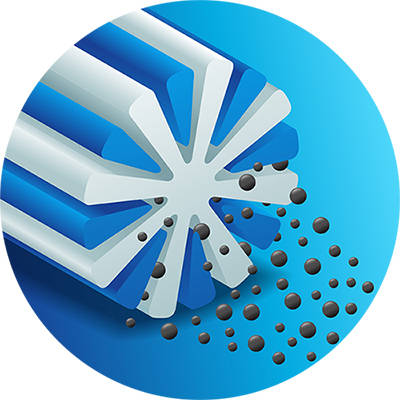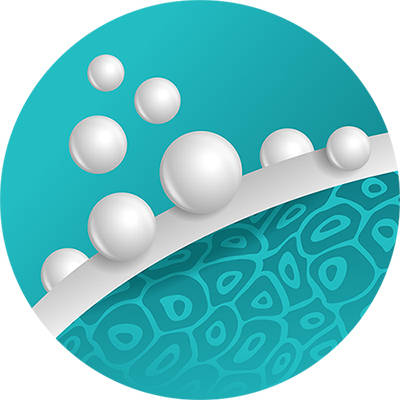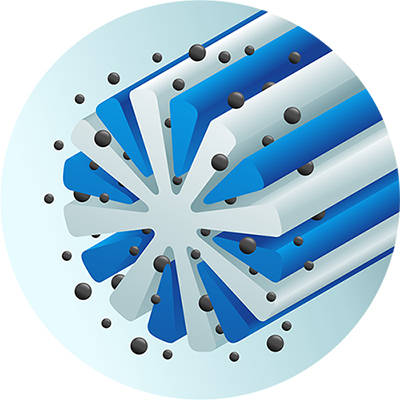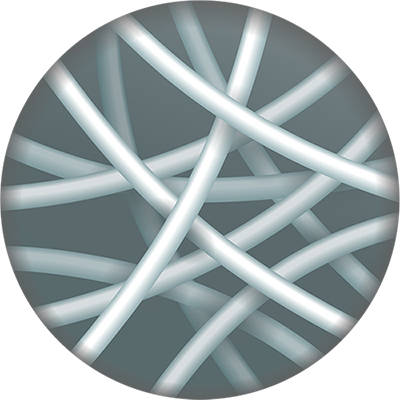Polyhydroxybutyrate (PHB)
Introduction
Polyhydroxybutyrate (PHB) is an aliphatic copolyester with different structures synthesized by microorganisms through the fermentation of various carbon sources. It was first isolated in 1925 by French microbiologist Maurice Lemoigne.[1] The industrialized production of PHB began at the end of last century, but due to the high production cost, the industrialized process of PHB was slow. However, based on the broad application prospects of PHB, researchers are very enthusiastic about the research and development of PHB. Pure PHB is a homopolymer of 3-hydroxybutyrate, with a melting point of 175°C and high cleanliness. However, pure PHB materials are difficult to process and have poor mechanical properties, so they can often be filled into other materials and used as copolymers.
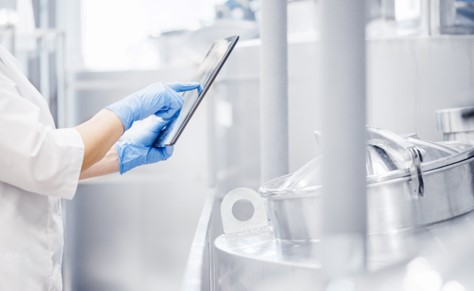
Characteristics
PHB is an optically active aliphatic biofilter with good biocompatibility, biodegradability and non-toxicity. However, PHB in the molten state is unstable, has poor processability and low impact strength. In addition, PHB is a thermoplastic polymer with good biodegradability. It can be degraded by various microorganisms in soil and seawater, and it can be degraded fastest in anaerobic sewage. Typically, PHBs have the following characteristics:
- Biodegradability
- Biocompatibility
- Thermal stability
- Abrasive resistance
- Insulativity
Application
Based on its excellent properties, PHB is widely used in medical industry, environmental protection field and others.
PHB is insoluble in water, soluble in chloroform, can be stained with Nile blue or Sudan black, and has the functions of storing energy, carbon source and reducing cell osmotic pressure. Thus, PHB is a lipid store of carbon sources in the cytoplasm of many bacterial cells. As a biocompatible biomedical material, PHB can be made into degradable, non-toxic medical plastic appliances and surgical needles and sutures. In addition, PHB can be used as drug sustained-release capsules.
Synthesizing PHB from organic matter in sewage is an effective way to turn waste into treasure by biotechnology. PHB can degrade organic pollutants through reaction, and play the role of indirect sludge reduction and sludge recycling. In addition, converting environmental pollutants into environmentally friendly plastics with good utilization value has important practical significance for sustainable development.
If you are interested in our polyhydroxybutyrate (PHB), please contact us immediately!
Reference
- Wang, J. et al. Effects of different sodium salts and nitrogen sources on the production of 3-hydroxybutyrate and polyhydroxybutyrate by Burkholderia cepacia. BIoresources and bioprocessing. 2021, 8(1).





